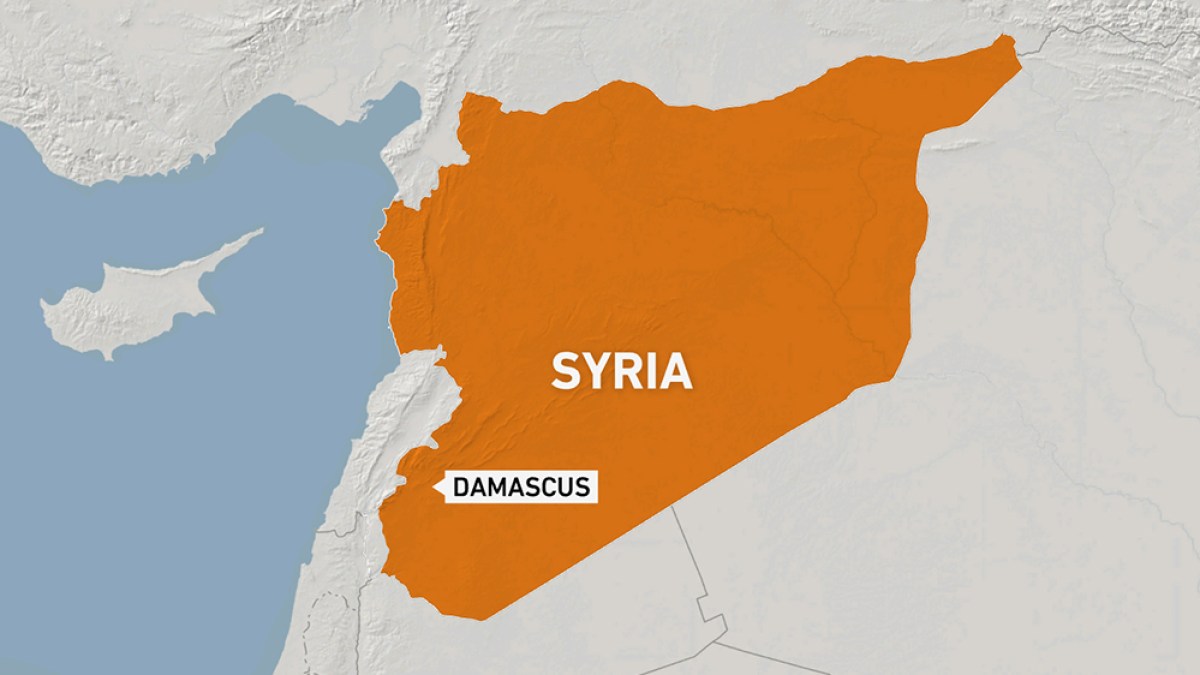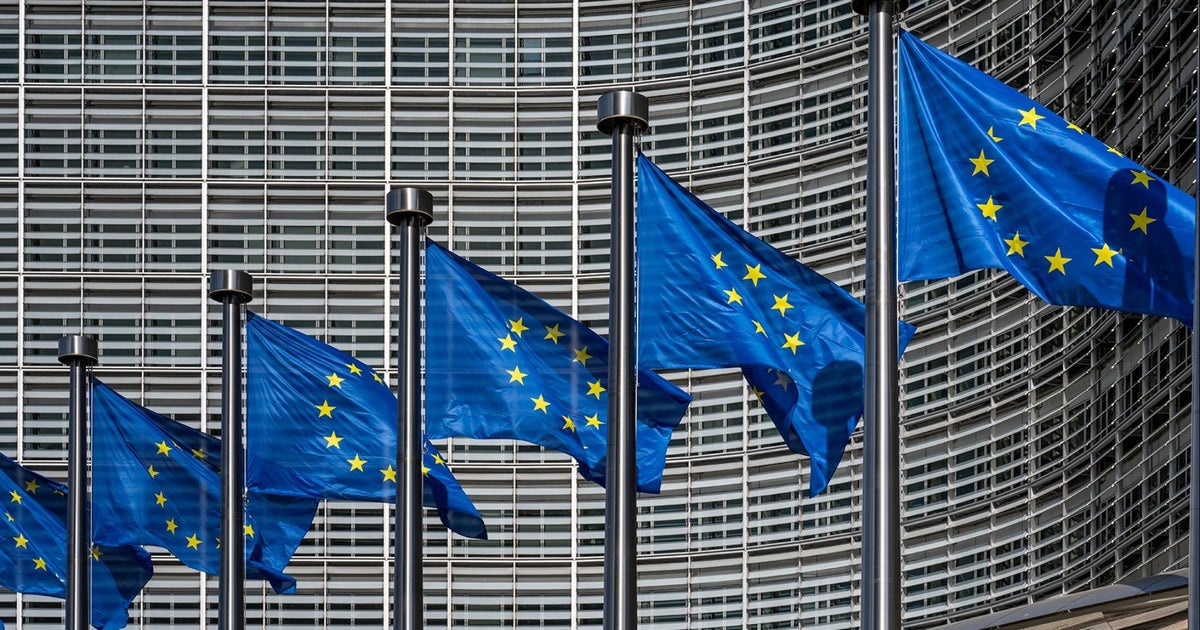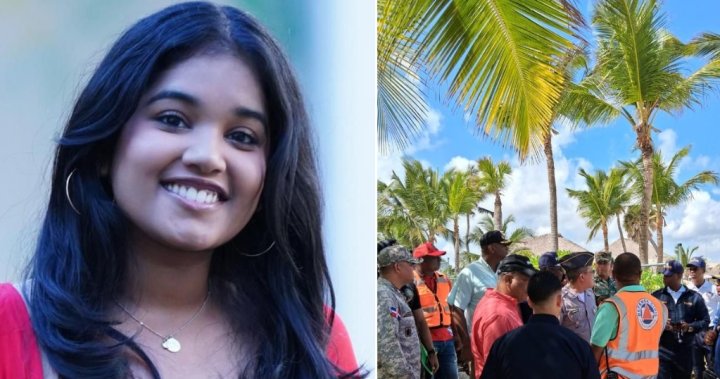New Delhi:
Amid US President Donald Trump's reciprocal tariff threats, Indian and US officials held talks in New Delhi this week to discuss trade issues, including tariff reduction and easing of non-tariff barriers. The two sides also decided to hold sectoral talks under the proposed bilateral trade agreement (BTA) in the coming weeks, India's commerce ministry said on Saturday.
Washington and New Delhi aim to sign the first tranche of a bilateral trade deal by autumn (September-October). They have also set a target to more than double bilateral trade to $ 500 billion by 2030 from the current over $ 190 billion.
The negotiations, held from March 26-29, were led by officials from India's commerce ministry and a US trade delegation headed by Assistant US Trade Representative for South and Central Asia Brendan Lynch.
"The successful conclusion of the discussions reflects progress in efforts to expand India-U.S. bilateral trade and investment relations to promote prosperity, security and innovation in both countries," a statement by India's commerce ministry said.
"Sectoral expert-level engagements under the BTA will start virtually in the coming weeks and pave the path for an early negotiating round in person," it added.
Separately, US Deputy Secretary of State Christopher Landau also spoke with Indian Foreign Secretary Vikram Misri about efforts to reduce trade barriers and achieve a "fair and balanced bilateral trade relationship", while also strengthening defence and technology cooperation to bolster regional security.
Landau thanked India for its efforts in addressing illegal immigration to the United States and urged continued cooperation, the U.S. Department of State said in a statement.
India-US Tariff Talks
The talks come as US President Donald Trump prepares to impose reciprocal tariffs on multiple trading partners from April 2, with India hoping for an exemption amid the bilateral talks. The tariff threats loom over India, as the US President has repeatedly branded New Delhi a "tariff king" and a "big abuser" of trade ties.
The problem is that India's trade-weighted import duties-- some of the highest in the world. The US currently has a $45.6 billion trade deficit with India. While the US trade-weighted average tariff rate stands at about 2.2 per cent, India's average tariff is significantly higher at 12 per cent, according to World Trade Organization data.
Washington wants New Delhi to reduce levies on products ranging from agricultural goods and alcoholic beverages to automobiles, and seeks greater market access for US companies.
Working in this direction, last month, during Prime Minister Narendra Modi's visit to Washington, India pledged to boost purchases of US energy products and defence equipment, and the two sides agreed to aim for a deal targeting bilateral trade of $500 billion by 2030. Piyush Goyal, India's trade minister, also visited Washington earlier this month for talks with US Trade Representative Jamieson Greer and Commerce Secretary Howard Lutnick.
Trump's Softening Stance?
On Friday, US President Donald Trump described Prime Minister Narendra Modi as a "very smart man" and a "great friend of mine" while emphasising that tariff talks would "work out very well between India and our country".
The remarks assume significance since Trump has repeatedly criticised the alleged high tariffs charged by India and other countries on American goods.
"India is one of the highest-tariffing nations in the world. It's brutal, it's brutal. They're very smart. He (Modi) is a very smart man and a great friend of mine. We had very good talks. I think it's going to work out very well between India and our country," he said.

 2 days ago
5
2 days ago
5










 English (US) ·
English (US) ·